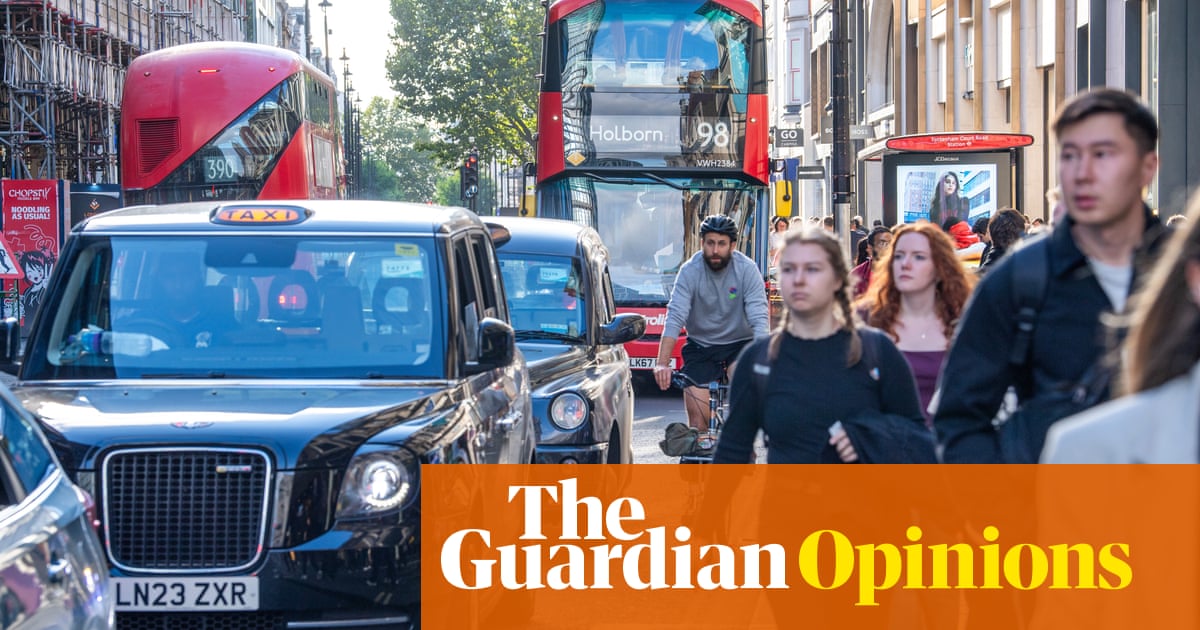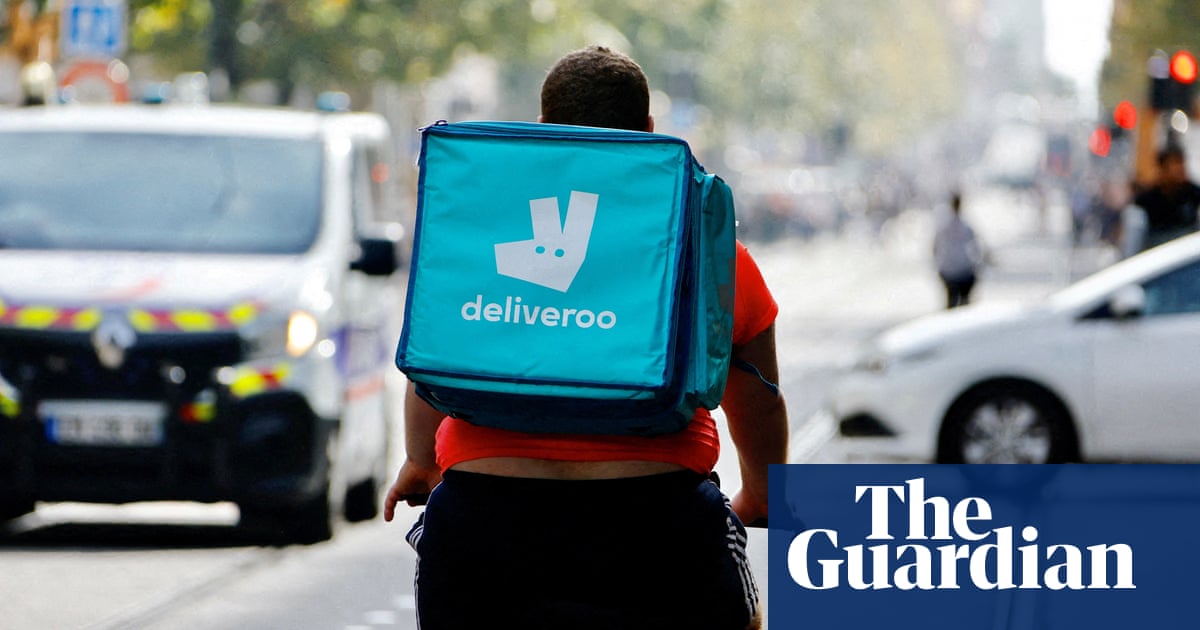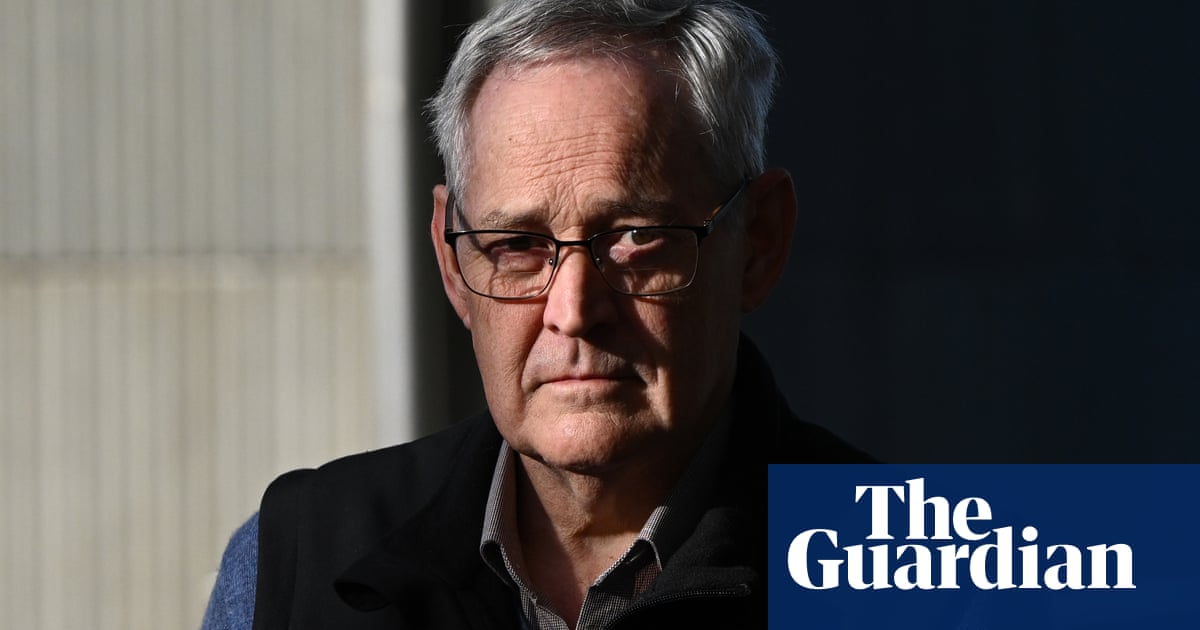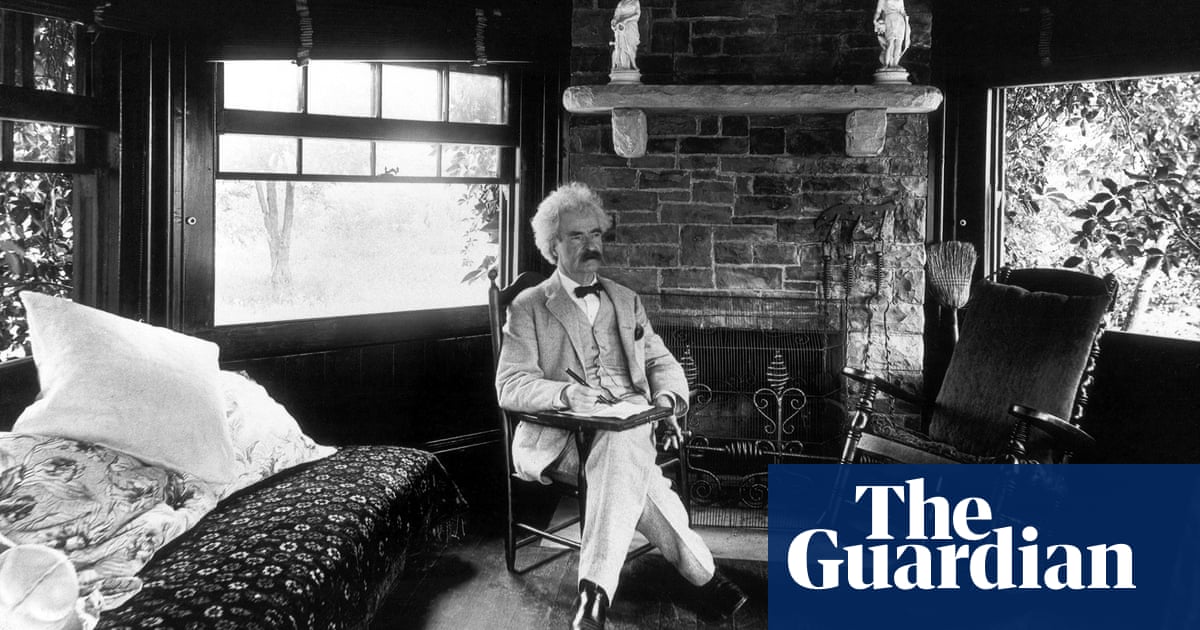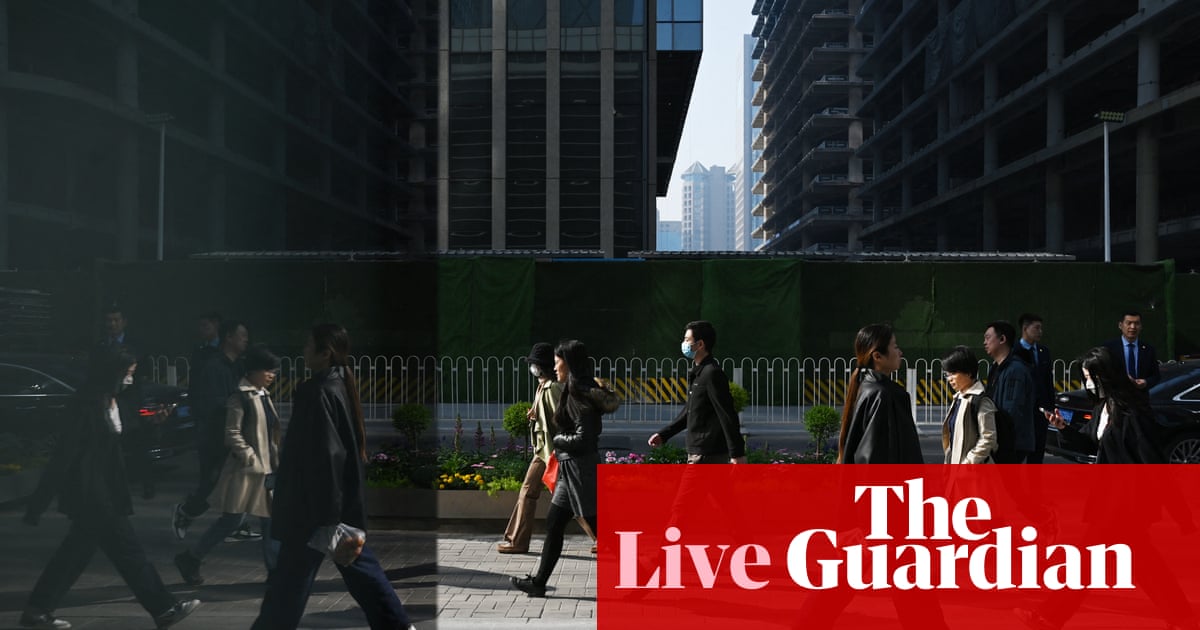If you thought these elections were bad, just wait for the locals next May. Expect far worse for Labour, unless they act fast. As they tussle over which way to turn, left or right, stop and consider what’s ahead. They will be challenged by Reform UK in towns such as Barnsley, while their progressive city heartlands will be ravaged by Greens, Liberal Democrats, and pro-Palestine and other independents. Expect shocks in London boroughs that have been forever Labour. (Worth recalling that amid Labour’s landslide, Keir Starmer’s vote share in Holborn and St Pancras dropped by 17% in the general election when challenged by a pro-wealth tax radical.) With council elections in a third of seats in English cities, expect an eruption of local leftward rebellions.
Those around Starmer may well be misidentifying the threat that matters most. Heavy vote losses to Lib Dems and Greens in a general election would cost Labour twice as many seats as the same number of votes lost to Reform. Analysis by Persuasion UK finds 123 seats vulnerable to Reform switchers, but 250 Labour seats at risk from flight to progressive parties. While 11% of Labour voters are “Reform-curious”, 29% would consider voting Green and 41% would consider supporting the Lib Dems.
The government isn’t wrong to focus some attention on small boat arrivals: loose borders signify a government losing control. But chasing Reform votes is a forlorn endeavour, with anything Labour does quickly trumped by Nigel Farage. Chasing crude immigration numbers risks perverse effects: the imminent immigration white paper will reportedly clamp down on foreign students, bizarre self-harm to a successful £40bn industry that would cause critical damage to cash-starved universities. Those are not the immigration numbers that are driving Reform voters. In Runcorn, the concerns I heard were about asylum seekers lodged in a hostel there. Foreign students are not the issue, with 61% overall public support and only 27% opposed. They are only temporary migrants; most students return home or go elsewhere after their studies. Turning them away to massage “migration” numbers will not satisfy Reform voters, and would be electoral poison in those Labour city seats – three-quarters of a million jobs rely on universities.
It’s a fair bet this turquoise tide will cause an abrupt backpedalling on localism and devolution. Labour will wonder why on earth they embarked on a mighty local government reorganisation, never mentioned in the manifesto, that will do them harm. Hundreds of district councils are being merged into unitaries with huge Tory/Reform-leaning populations; the result will be scores of Labour or Liberal Democrat councils, such as Reading, Brighton, Oxford, Cambridge, Exeter, Ipswich and more, obliterated. With unitaries clumped under mayors, anxious Labour number-crunchers warn not a single mayor from the Midlands to the Channel will be Labour or Lib Dem. Remember, these mayors control housing: what about Labour’s 1.5m new homes? Mayors and police and crime commissioners are elected on a firstpast the post system, as gerrymandered by the last government: why hasn’t Labour returned to the original supplementary vote, which would ensure every mayor must get 50% support to win, and requires voters to seek second choices beyond their own party?
Why is any of this happening, largely unreported? It’s a Treasury fixation with imagined efficiency, says local government expert Prof Tony Travers, “With no evidence that unitaries save money.” Forget local democracy: the UK already has far fewer councils than France. “This is an accidental opportunity for Reform, likely to win councils south of Scotland to Milton Keynes,” says Travers. The case for electoral reform grows daily.
Maybe, Labour hopes, Reform will self-implode, scrutinised as never before: Hope Not Hate has already exposed Islam haters and Tommy Robinson worshippers within the party. Maybe mayhem will break out in their captured councils, where they face an unenviable inheritance of penurious decrepitude – English councils overall are £4.6bn in deficit. Farage promises teams of Doge-style auditors to root out woke waste, but they will find slim pickings to cover the spiralling cost of social care and special educational needs. Farage will copy the Scottish National party: as an insurgent he will take no responsibility, blaming Westminster for any council failings. He surfs his blunders blithely, as focus groups show his fans overlook facts, inhaling his aura of an angry yet cheery outsider who is on their side.
Labour says “delivery” will be their salvation. Indeed, NHS waiting lists shrinking for the past six months is starting to register. But flagship growth policies such as renewable energy and new towns will take years to show results, leaving them politically remote – and certainly unlikely to affect next year’s elections.
What could the Starmer government do to prove it does indeed “get it”? MPs returning from council election battlefields say they must reverse winter fuel allowance means-testing and benefit cuts that have become the grim face of the Starmer/Reeves regime. This is possible: find funds from the wealthy.
What people see on their streets shapes their view of public services: antisocial behaviour, graffiti, fly-tipping, potholes, neglected rough sleepers, gap-toothed high streets, derelict shopfronts, shuttered libraries, lost sports grounds, untended parks, unkempt public buildings. “That can be fixed fast,” Travers says, “costing relative pennies in the great scheme of things.” Labour in 1997 took the homeless out of street cardboard cities with instant effect. Signpost it loudly, he suggests. Get teams of offenders out of prison into community clean-up work. I would add allowing those 38,000 asylum seekers in hotels, currently denied work, to take up these jobs. Make it clear, with ringfenced funds, that Westminster is on the case locally.
Labour must also calm its fear of Farage: at a time of political anger and polarisation, Reform is a party totally reliant on one “charismatic” man, who in fact is even more unpopular with the public than the prime minister, according to YouGov, with 27% favourable against 65% unfavourable. There should be no cringing, no trimming – this is the time for outright confrontation with the dark forces of the right, reaffirming social democratic and liberal progressive optimism. Look to successes in Canada and Australia: as Donald Trump launches yet another broadside, this time a tariff against our valuable film industry, stand up to him and his acolyte Farage. After last week’s election disaster, preventing a worse reprise next May needs rapid and highly visible action.
-
Polly Toynbee is a Guardian columnist

 4 hours ago
4
4 hours ago
4







